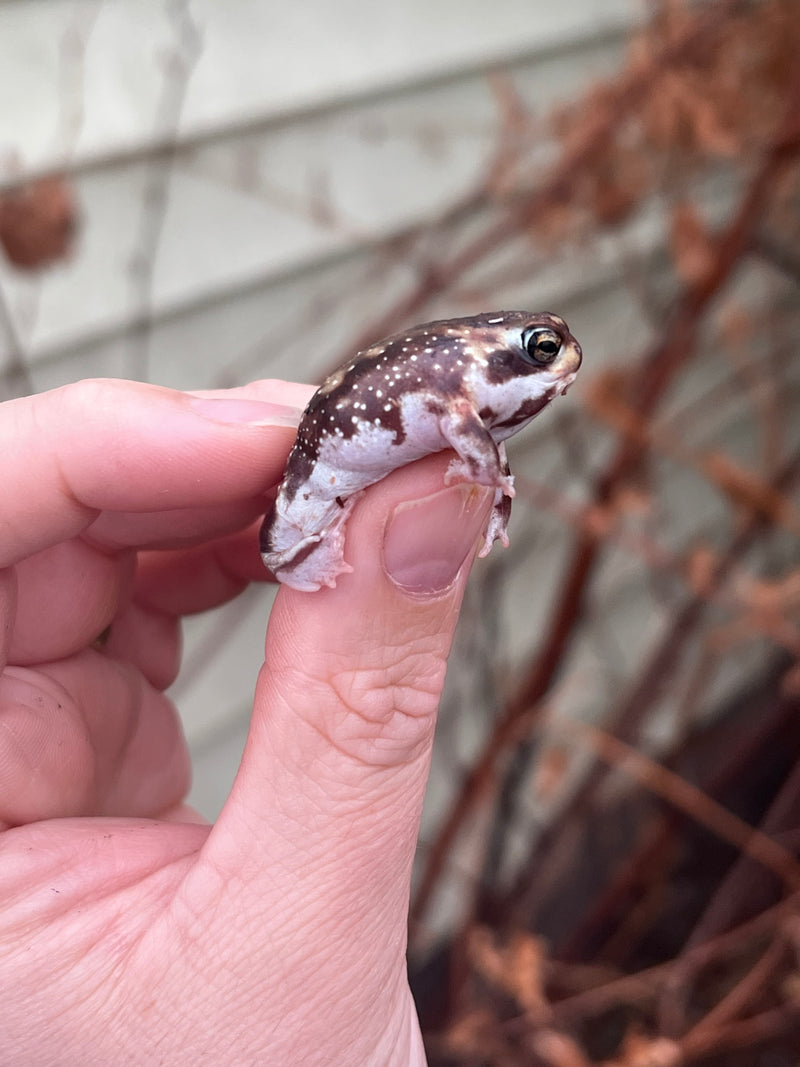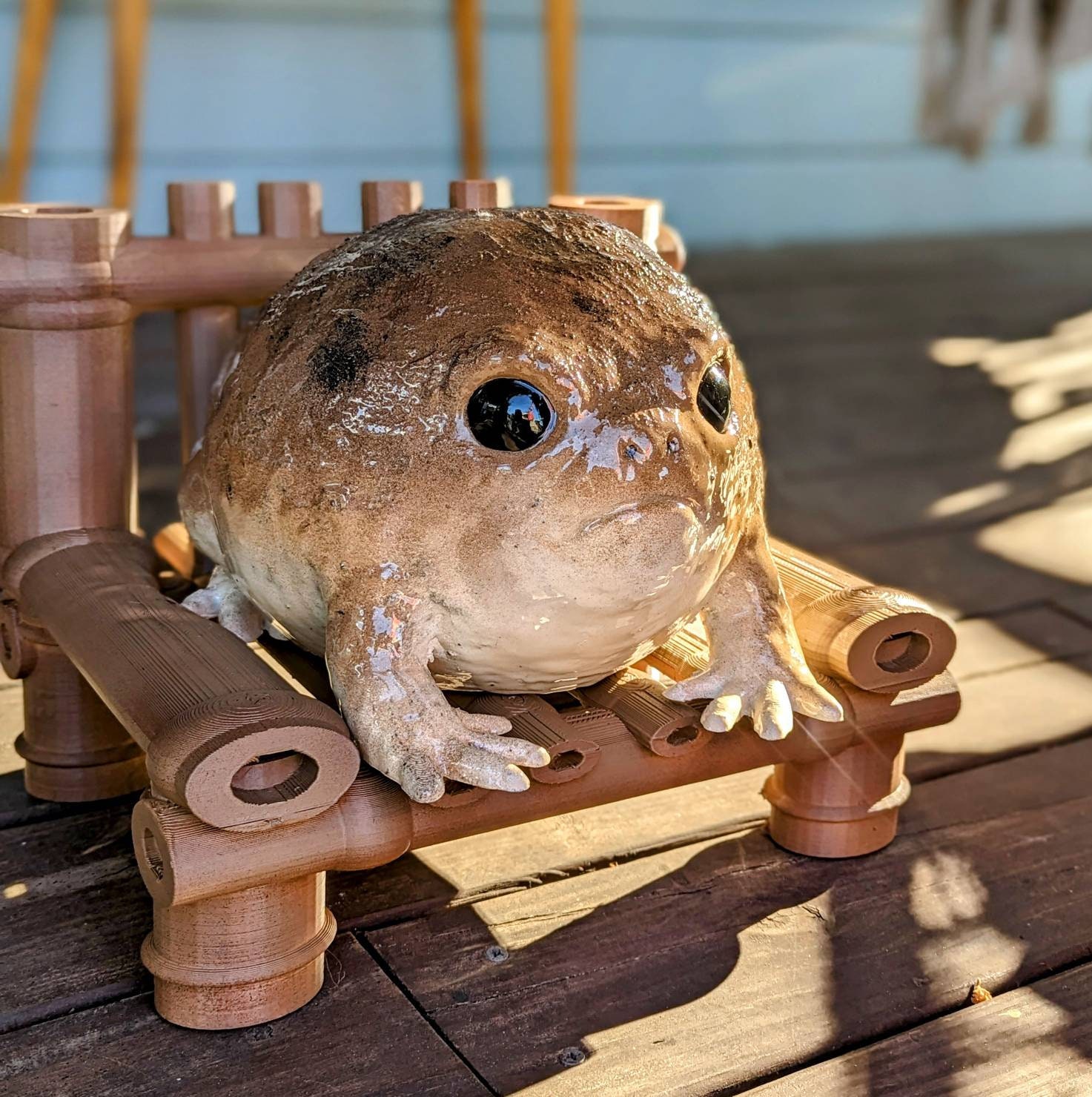Common Health And Wellness Issues in Reptiles: Symptoms and Solutions
In the complex world of reptile treatment, comprehending the typical health and wellness issues that might affect these one-of-a-kind creatures is critical in guaranteeing their well-being. From respiratory system infections that can calmly hold to metabolic bone diseases that can disable, reptiles are prone to a series of ailments that require keen monitoring and prompt treatment. Whether it's coming to grips with parasitic invasions, navigating dehydration problems, or dealing with skin conditions that manifest in refined methods, being in harmony with the signs and symptoms and equipped with the expertise of reliable services is essential for any type of reptile owner. By delving additionally into the subtleties of these health and wellness issues and exploring the functional treatments offered, one can safeguard the health and vigor of these interesting animals.
Respiratory System Infections
Respiratory infections in reptiles can dramatically affect their total health and require timely attention from knowledgeable vets. These infections are frequently brought on by infections, fungi, or bacteria and can materialize with signs and symptoms such as hissing, nasal discharge, open-mouth breathing, and lethargy. In reptiles, breathing infections can be especially testing to identify and deal with because of their unique anatomy and physiology. Veterinarians commonly count on a combination of physical exams, diagnostic imaging, and laboratory tests to precisely recognize the underlying reason for the infection.
Treatment for respiratory infections in reptiles typically entails a combination of supportive treatment, such as keeping correct humidity levels and temperature level slopes in the room, as well as targeted drug to attend to the details microorganism liable for the infection. It is critical for reptile proprietors to monitor their pet dogs very closely for any kind of indications of respiratory distress and seek vet treatment at the earliest sign of an issue. With timely treatment and ideal treatment, numerous reptiles can recuperate fully from respiratory infections and return to regular tasks.

Metabolic Bone Illness
What aspects add to the advancement of Metabolic Bone Illness in reptiles?
Metabolic Bone Illness (MBD) in reptiles is mostly brought on by an absence of correct calcium, phosphorus, and vitamin D3 levels in their diet plan. When reptiles do not obtain adequate calcium, either via their food or proper UVB exposure for vitamin D3 synthesis, they are at a high threat of developing MBD. Reptiles with diet plans reduced in calcium or unbalanced calcium to phosphorus ratios are particularly vulnerable. Furthermore, poor direct exposure to UVB light prevents reptiles from synthesizing vitamin D3, which is crucial for calcium absorption and bone health.
Inadequate humidity degrees can also influence a reptile's capacity to metabolize calcium properly. Normal vet check-ups, correct husbandry methods, and a balanced diet regimen are crucial to stop Metabolic Bone Illness in reptiles.
Parasitic Problems
Parasitic problems present a significant wellness risk to reptiles, affecting their overall wellness and calling for prompt vet interest. Reptiles can be affected by different bloodsuckers, including mites, ticks, inner worms, and protozoa. These bloodsuckers can cause a series of signs and symptoms, such as weight management, sleepiness, skin irritation, looseness of the bowels, and also fatality if left without treatment.
One common parasite discovered in reptiles is the mite, which can trigger skin anxiety, anemia, and irritability. Ticks are an additional outside parasite that can transfer conditions and cause pain to the reptile. Internal parasites like worms and protozoa can lead to gastrointestinal problems, lack of nutrition, click this and weaken the reptile's immune system.
To identify a parasitical problem, a vet might execute fecal tests, skin scrapings, or blood examinations. Therapy usually involves deworming medications, antiparasitic baths, or in severe situations, a hospital stay. Preventative procedures such as routine veterinary examinations, proper hygiene, and quarantine treatments for new reptiles can help minimize the risk of parasitic problems and make certain the health of reptile animals.
Dehydration and Hydration Issues
Dehydration in reptiles can substantially impact their health and health, demanding prompt treatment and suitable hydration administration. If left untreated, dehydration can lead to serious health concerns and also be fatal to the reptile.
To avoid dehydration, reptile owners need to make sure that their family pets have accessibility to tidy water whatsoever times. The water meal should be large sufficient for the reptile to soak in if required, specifically for varieties that take in water through their skin. In addition, keeping proper moisture why not try here levels in the reptile's enclosure and offering routine baths can assist stop dehydration.
In cases of dehydration, it is important to seek vet treatment without delay. A vet may carry out liquids either orally or with shots to rehydrate the reptile. It is important to address the underlying reason for dehydration to stop recurrence and make sure the reptile's overall health.
Skin Ailments

Verdict

Respiratory infections in reptiles can significantly impact their overall wellness and need punctual focus from skilled vets (rain frog for sale). Preventative steps such as regular vet check-ups, appropriate health, and quarantine treatments for new reptiles can aid reduce the threat of parasitical invasions and guarantee the health of reptile animals
If left neglected, dehydration can lead to major health concerns and even be fatal to the reptile.
Consistently evaluating your reptile for any kind of modifications in skin shade, appearance, or structure can assist in early detection and therapy of skin disorders, promoting the total wellness and well-being of your flaky buddy. - rain frog for sale
In verdict, reptiles are vulnerable to various wellness problems such as breathing infections, metabolic bone condition, parasitical problems, dehydration, and skin ailments.